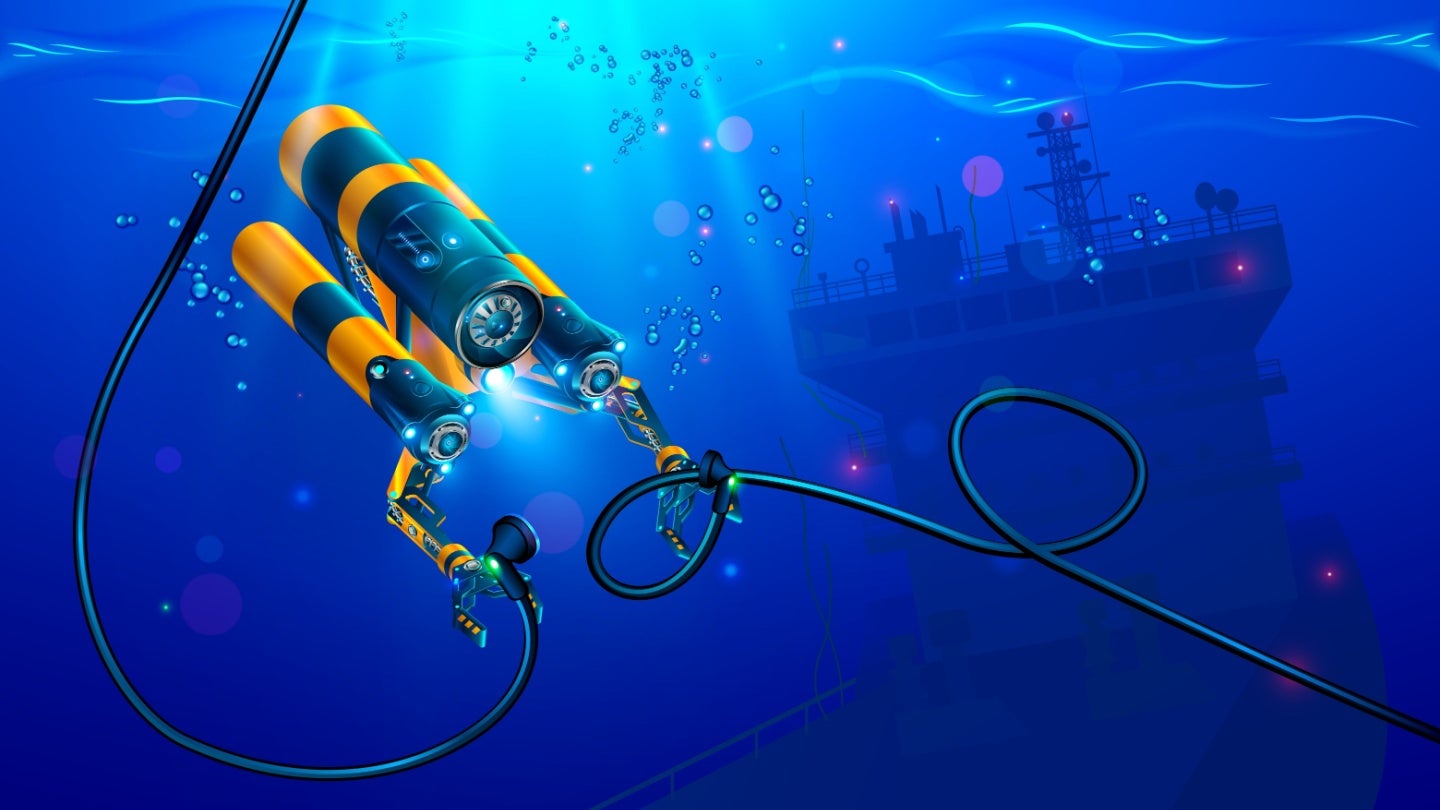Our oceans cover more than 70% of the Earth’s surface, but more than 80% of them remain unexplored.
It is often claimed that we humans know more about the surface of Mars and the Moon than the ocean floor on our planet.
However, each realm has its dangers. Explorers of space and the deep sea face similar dangers, such as radiation in space and intense pressures in the deep ocean. But certain differences may make one realm preferable to the other.
Exploration of the ocean depths
Deep-sea exploration involves the investigation of the ocean depths, and this activity involves strategic and careful planning using platforms such as submersibles, submarines, and other technologies to assist explorers. Exploration is primarily done by teams of archaeologists, wreck divers, biologists, marine biologists, geophysicists, ocean engineers, oceanographers, and sometimes billionaires.
The purpose of deep-sea exploration is to increase our understanding of the ocean to effectively manage, conserve, regulate, and use undersea resources that are crucial to our economy and lives. Unlocking the mysteries of ocean ecosystems can reveal new sources for medical therapies and vaccines, food, and energy, as well as inspire inventions that imitate deep-sea animals.
Deep ocean challenges
Although deep-ocean exploration has its benefits and is exciting, the dangers of exploring such depths are darker than you’d expect. Deep-ocean exploration is inherently dangerous.
How well do you really know your competitors?
Access the most comprehensive Company Profiles on the market, powered by GlobalData. Save hours of research. Gain competitive edge.

Thank you!
Your download email will arrive shortly
Not ready to buy yet? Download a free sample
We are confident about the unique quality of our Company Profiles. However, we want you to make the most beneficial decision for your business, so we offer a free sample that you can download by submitting the below form
By GlobalDataSeveral notable structural remains have been discovered through deep-sea exploration, like the wreckage of the Titanic and other ghostly remains of ships, as well as aircraft. However, the violent nature of implosions at such extreme depths makes any attempt to recover vessels difficult. As the body descends to greater depths, the pressure from the surrounding water increases, causing the air space within the body to compress. An implosion is roughly equivalent in weight to the 10,000-ton wrought-iron Eiffel Tower. In short, when an implosion occurs, the victims’ lungs and sternum would be immediately crushed, as well as any other part of the body containing oxygen.
In addition, the implosion itself would kill a person in less than 20 milliseconds. The human brain can’t even process information at this speed, let alone feel the implosion. Following the gruesome deaths suffered by the five men onboard the Titan submarine in June 2023, the intense pressure of the deep sea is all the more well-known.
Space exploration
Human beings have been venturing into outer space since October 4, 1957, when the Union of Soviet Socialist Republics (USSR) launched Sputnik, the first artificial satellite to orbit Earth. This was followed by the success of Apollo 11, which landed humans on the moon in 1969.
Humans have always looked at the heavens, wondered about the nature of space, and asked ourselves, are we alone in this universe? With technological advancements in the 20th and 21st centuries, it became possible to send people and machines above Earth’s atmosphere into outer space.
Space challenges
But space is no different from the deep sea in its dangers. Space is an unforgiving environment that does not tolerate human errors or technical failure. For the human beings themselves, leaving Earth’s orbit and atmosphere for extended periods presents even more dangers. These include space radiation, isolation and confinement, the sheer distance from Earth, a lack of gravity, and closed or hostile environments.
In space, cosmic rays form a shower of “ionising” particles, namely radiation that has enough energy to break an electron away from an atom. As the human body is made from atoms that make up the cells of the body, long exposure to cosmic rays can cause macroscopic changes (burns and cataracts—the clouding of the lens of the eye), and microscopic changes (genetic alterations, sterility, or increased risk of developing cancer). The effects of space radiation should not be underestimated.
After analysing which realm is safer to explore, would you rather explore underneath the ocean or outer space? Which frontier sounds the most exciting? And how far will humanity go to explore these realms?








